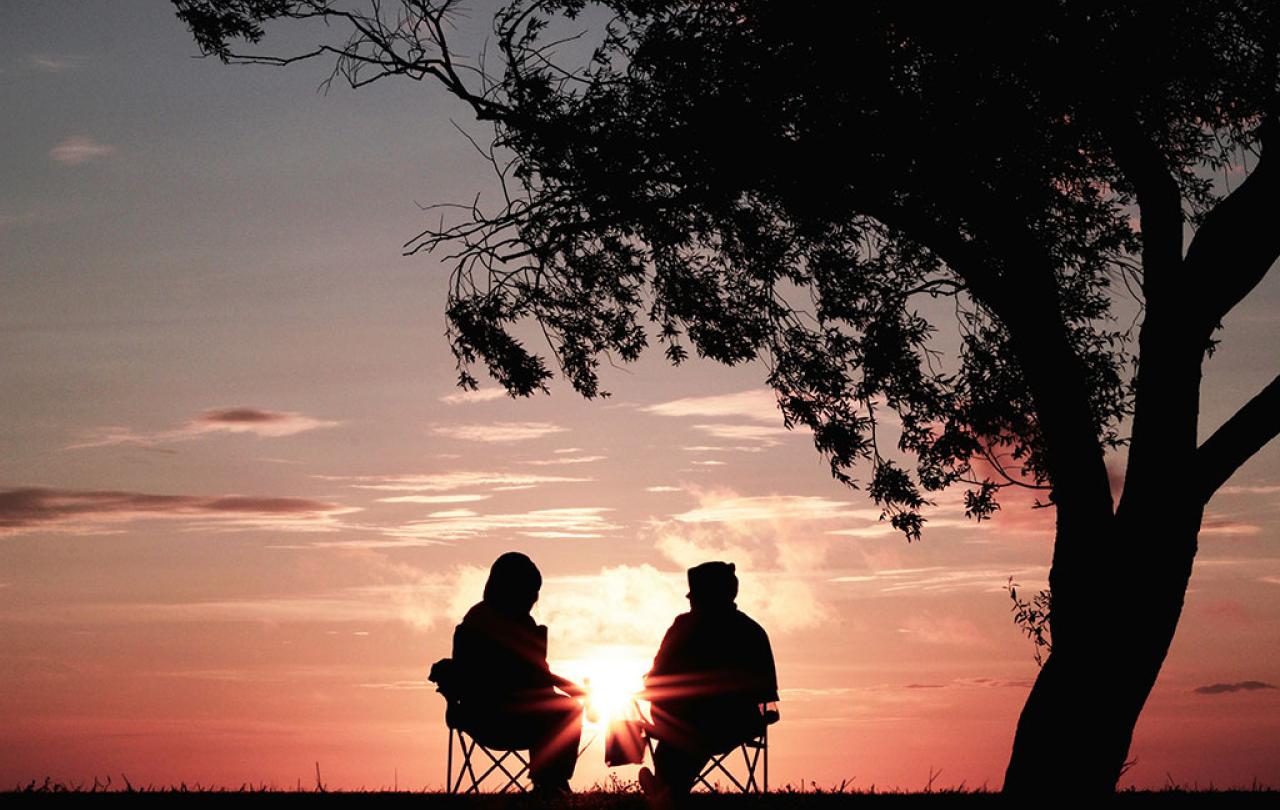
This article, by Lindsay Holifield, first appeared in Mockingbird. Published by kind permission.
I turned sixteen years old in a lavender-walled bedroom on the eating disorder unit at Texas Children’s Hospital. Surrounded by eagle-eyed nurses watching my every move and whirring machines keeping me alive, I quietly transitioned to Sweet Sixteen. The unit’s charge nurse was a gruff woman named Lupe, and despite her job, she did not particularly like children. But it was my birthday, and in an uncharacteristic act of kindness, Lupe offered me a slice of cake. She must have briefly forgotten her surroundings, because I was not a normal teenager. I was a patient on a pediatric eating disorder unit, and I broke down sobbing at the mere thought of such a high-calorie food entering my body.
This was my first birthday in a clinical treatment facility for anorexia, but it would not be the last. After receiving the initial diagnosis of anorexia nervosa as a teenager, the doctor’s pronouncement sounding like a death-knell at the time, I would admit to twenty treatment facilities on separate occasions across a period of fourteen years.
The treatment staff began to greet me knowingly when I would re-admit after only a few months out, as though I was an old friend returning from vacation. “Welcome back, Lindsay,” they would say, as they took my luggage and inserted yet another nasogastric feeding tube. Over time, I began to be labeled “chronic,” and I internalized a belief that I was one of the sufferers who was fated to live the rest of my life under the oppressive weight of this struggle.
I would have to try harder. I would have to pull myself up by my bootstraps and willpower my way into recovery. After each attempt under this approach, I would fall flat on my face.
It seemed that no matter how much motivation I mustered up, this internal drive to self-destruct would not leave me alone. I desperately wanted to wake up each day without having to submit afresh to the hellish existence of self-starvation and running till my lungs felt on the verge of collapse. But I felt chained to this destructive cycle deep into my bones, despite my best intentions.
I was often berated by various treatment providers for not having enough motivation. I didn’t necessarily want to die, but I could not find the strength within me to fight off the voice in my brain that demanded self-destruction. Doctors and mental health clinicians made it clear that if I really wanted to get better, I would have to try harder. I would have to pull myself up by my bootstraps and willpower my way into recovery. After each attempt under this approach, I would fall flat on my face. The despair of my situation began to swallow me whole: there was no way out, because I could not yell at myself enough to make myself well.
Because of the lavish softness I was shown, I began to approach myself with greater softness.
I was twenty-six years old, and I was sitting in a green folding chair in the summer on a farm in Nashville, Tennessee. The woman in the folding chair across from me is decidedly in support of my recovery, but she isn’t yelling at me or giving me a stern lecture. Instead, she is explaining with great care and tenderness how much sense my struggles make in light of my previous life experiences. “Perhaps,” she says gently, “your brain was trying to survive great pain. Perhaps you were simply trying to make the ache go away the best way you knew how.” Her compassionate words break something open within me, and I start weep like a small child. No one has ever approached me with compassion like this; they are all afraid being too soft will simply enable me to further harm my body. But they are wrong. It is precisely this compassion and sense of being witnessed that softens my armored heart.
Recovery did not come overnight, but I can unhesitatingly say that the compassion of a woman on that farm in Nashville is what radically changed the trajectory of my life. Because of the lavish softness I was shown, I began to approach myself with greater softness. The voice of condemnation quieted, and I slowly turned from self-destruction to life.
Do you not hear the gospel ringing out here? My story of recovery is simply a zoomed in image of the grander story, the beautiful truth that makes up the fabric of our existence. Admitting powerlessness to destructive forces of sin and death is important, but the condemnation of the law will not save us. It is the extravagant, one-way grace of God that resurrects the dead.
I have heard similar fears in faith communities that I continually hear in my recovery communities: if we are too extravagant with compassion, we are enabling sin and destructive behaviors. But I am a living testament that compassion is what softens hearts of stone, armored up by self-protection and attempting to earn love through behavioral perfection. I would have died many times over save for the compassion that chased me down and embraced me, and being held in such tender kindness was the only thing that could have changed my fate. I believe this for mental health, yes, but more importantly, I believe this for the rescue of all of humanity. The grace of God is the sole agent of resurrection and change.
To the surprise of those who cling tightly to rigid, white-knuckling versions of recovery, my behavioral change occurred only after I was met with a grace without strings attached. This should not be surprising to Christians, however. Here again, the gospel glaring back at us, that repentance is a response to the kindness of God. This is the God who loved us while we were dead in our sins, while we were powerless to the forces of the world, the flesh, and the devil. Against our behavior-driven moral sensibilities, God offers us grace that is a free gift, compassion in its fullest expression, and it is the only thing that will bring renewal and healing to the inhabitants of this desperately aching world: minds, hearts, and bodies included.











